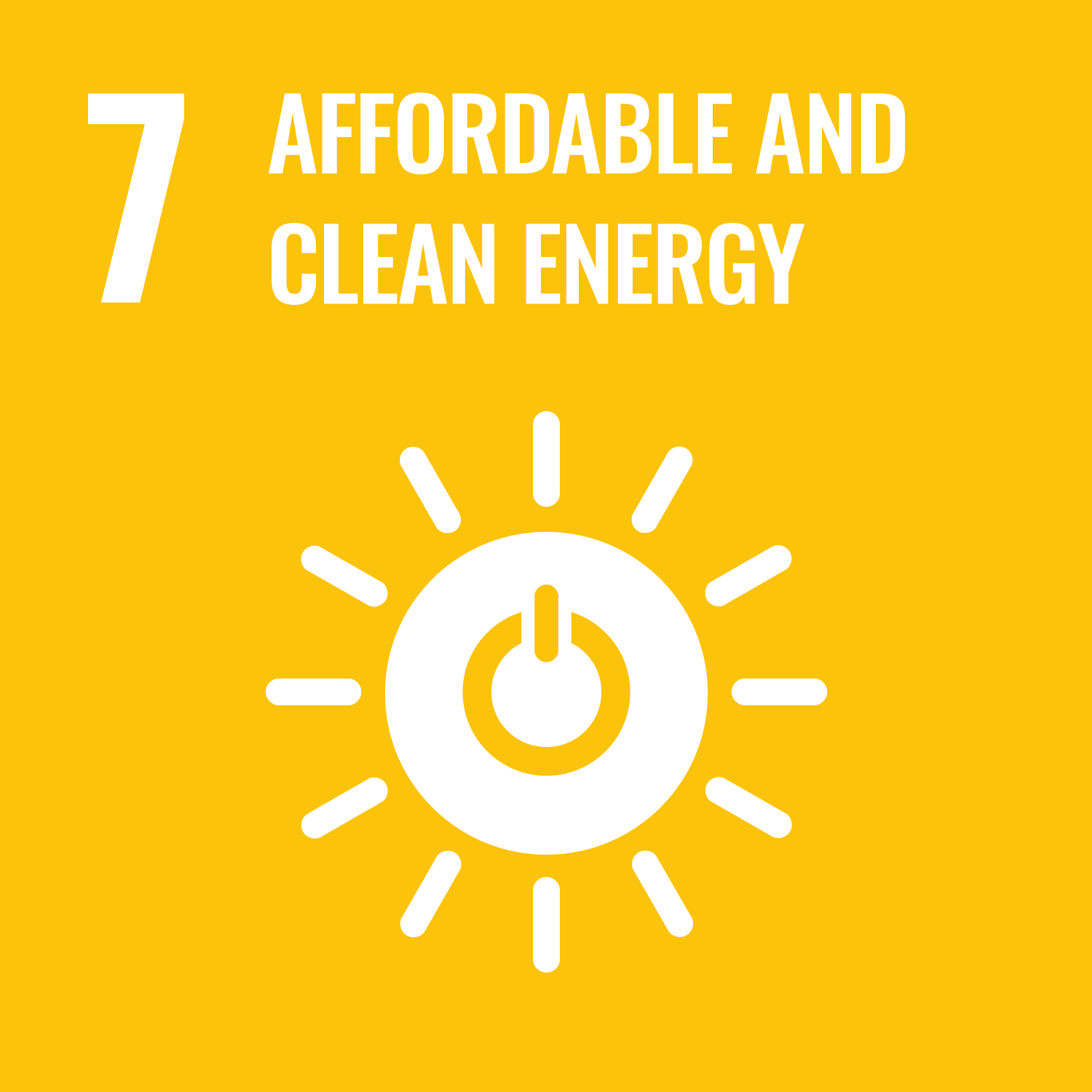Ye, Y. orcid.org/0000-0002-0110-3592, Shi, L. orcid.org/0000-0002-1200-8160, Chu, X. orcid.org/0000-0003-1863-6149 et al. (2 more authors) (2022) Resource allocation in backscatter-assisted wireless powered MEC networks with limited MEC computation capacity. IEEE Transactions on Wireless Communications, 21 (12). pp. 10678-10694. ISSN 1536-1276
Abstract
In this paper, we consider a backscatter-assisted wireless powered mobile edge computing (MEC) network, where multiple Internet-of-Things (IoT) nodes harvest energy from the energy signals transmitted by a power beacon (PB) and utilize the harvested energy for local computing and task offloading via hybrid backscatter communication (BackCom) and active transmission (AT). Considering the limited computation capacity of the MEC server and the quality-of-service (QoS) and energy-causality constraints per IoT node, we propose two resource allocation schemes to maximize the total computation bits of all the IoT nodes and the system computation energy efficiency (EE), respectively, by jointly optimizing the computation frequency and time of the MEC server and each IoT node, the transmit power of the PB and each IoT node, and the BackCom power reflection coefficient and the time for energy harvesting (EH), BackCom, and AT of each IoT node. The non-convex computation bits maximization problem is transformed to a convex one by introducing a series of auxiliary variables and proof by contradiction, and then solved by the existing convex tools. The system computation EE maximization is a non-convex nonlinear programming problem. We propose a two-layer iterative algorithm to solve it optimally and devise a reduced-complexity iterative algorithm to solve it sub-optimally by leveraging the block coordinate decent technique. Computer simulations validate the convergence of the proposed iterative algorithms and their superior performance over the benchmark schemes in terms of the computation bits or EE.
Metadata
| Item Type: | Article |
|---|---|
| Authors/Creators: | |
| Copyright, Publisher and Additional Information: | © 2022 IEEE. Personal use of this material is permitted. Permission from IEEE must be obtained for all other users, including reprinting/ republishing this material for advertising or promotional purposes, creating new collective works for resale or redistribution to servers or lists, or reuse of any copyrighted components of this work in other works. Reproduced in accordance with the publisher's self-archiving policy. |
| Keywords: | Task analysis; Servers; Internet of Things; Resource management; Time-frequency analysis; Wireless communication; Radio spectrum management |
| Dates: |
|
| Institution: | The University of Sheffield |
| Academic Units: | The University of Sheffield > Faculty of Engineering (Sheffield) > School of Electrical and Electronic Engineering |
| Depositing User: | Symplectic Sheffield |
| Date Deposited: | 20 Jan 2025 16:34 |
| Last Modified: | 20 Jan 2025 16:40 |
| Status: | Published |
| Publisher: | Institute of Electrical and Electronics Engineers (IEEE) |
| Refereed: | Yes |
| Identification Number: | 10.1109/twc.2022.3185825 |
| Related URLs: | |
| Sustainable Development Goals: | |
| Open Archives Initiative ID (OAI ID): | oai:eprints.whiterose.ac.uk:221956 |


 CORE (COnnecting REpositories)
CORE (COnnecting REpositories) CORE (COnnecting REpositories)
CORE (COnnecting REpositories)